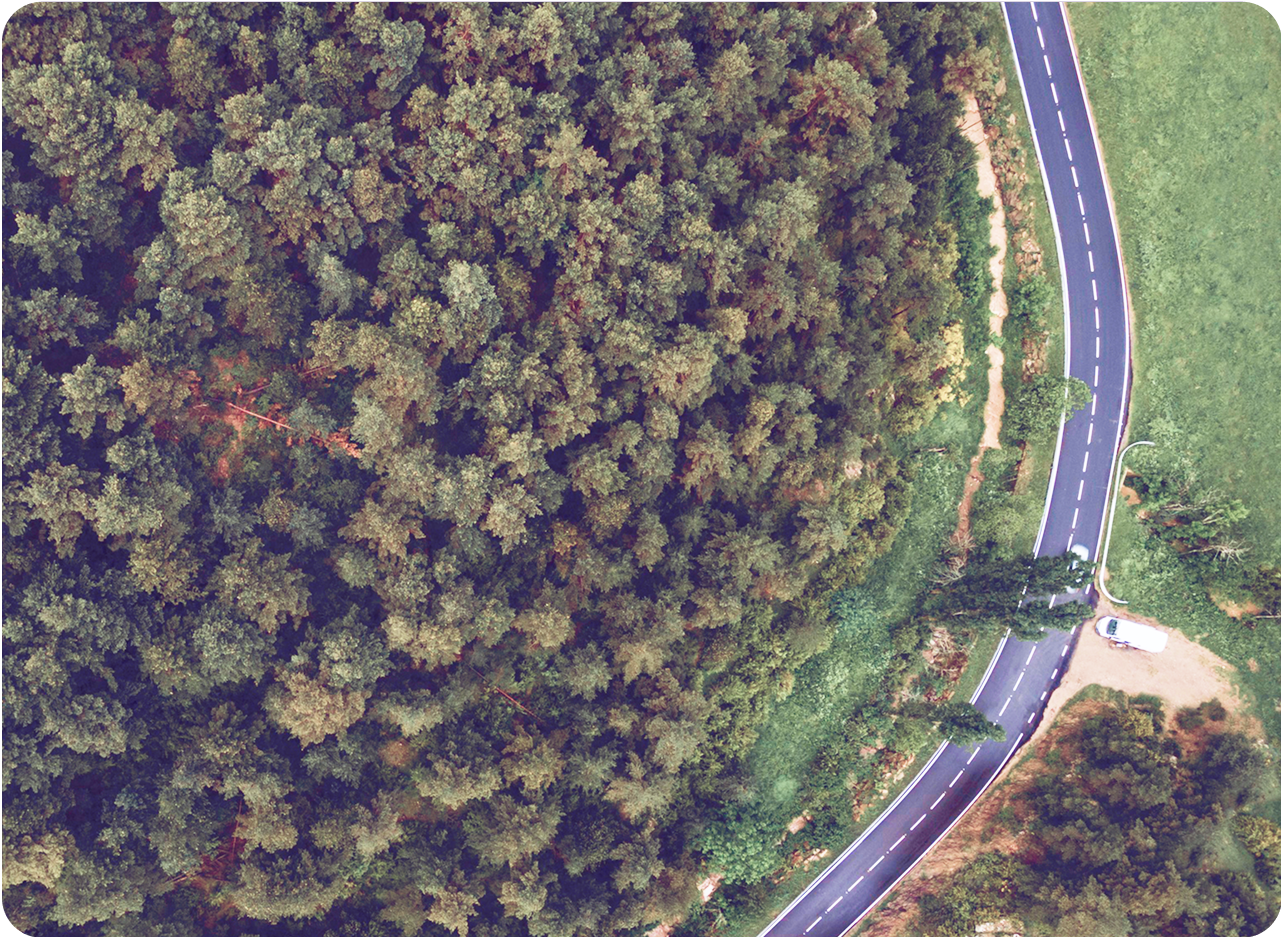
Flexible Transport for Rural Tourism
Being exclusively accessible to those with a private vehicle, rural tourism ironically excludes large sections of the environmentally conscientious population. Not to mention the queues to enter and leave the parking lots close by hiking hot spots, restaurants or other nature spots or attractions. The time wasted, contamination and congestion erodes from the value of the visitor experience, and whilst there may be still a positive net attraction, a core element of the destination equity has been demolished just by the transport or mobility aspect of the experience.
Adaptive Mobility Solutions for Travellers & Workers
Flexible transport solutions for rural tourism using taxis or mini buses can greatly enhance accessibility and convenience for travellers. Vehicles can be adapted to cater to remote destinations, offering personalized routes that traditional public transport cannot. Smartphone apps can make booking and payment seamless, improving efficiency. Flexible pick-up and drop-off locations are ideal for areas with limited public transport infrastructure. Overall, demand responsive-based transport solutions can enrich the rural tourism experience, making it more accessible, sustainable, and enjoyable.
Another key aspect of rural tourism is how to attract the local talent to work at the local restaurants, cafes or craft shops that form a key part of the experience. Mainly seasonal and part-time work, the workers reply upon public transport to get to and from their work places. Providing a practical mobility solution is key to maintaining key services running in the rural tourism areas.






